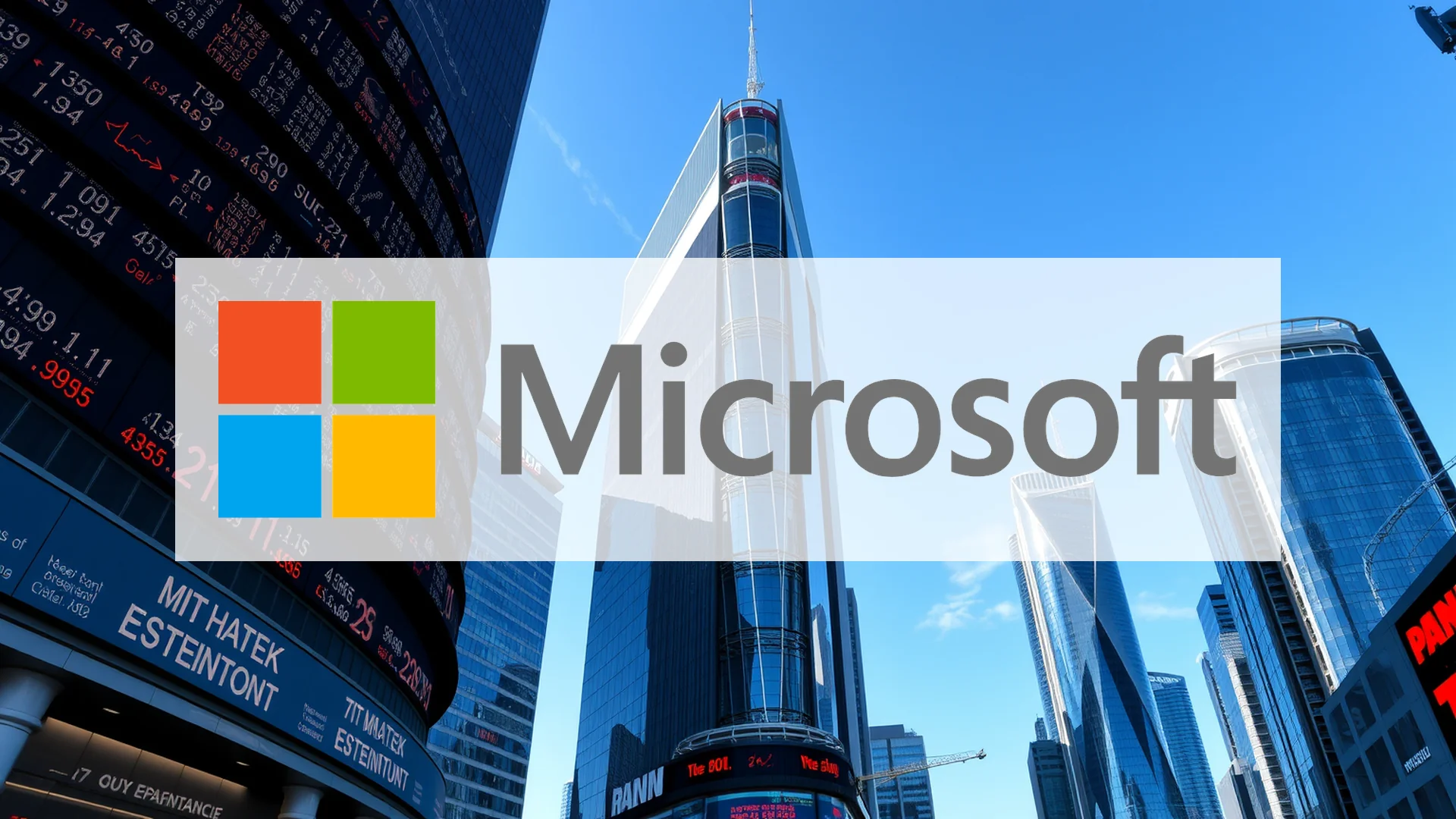Microsoft is executing a comprehensive strategy to cement its leadership in artificial intelligence through massive infrastructure investment and strategic leadership restructuring. The tech giant’s approach signals that in the rapidly evolving AI landscape, companies must either lead or risk obsolescence.
Unprecedented Infrastructure Commitment
In a move that has stunned competitors, Microsoft has entered into a monumental agreement with cloud provider Nebius Group valued at up to $19.4 billion. This arrangement secures access to more than 100,000 of Nvidia’s latest GB300 chips, significantly boosting Microsoft’s computational capabilities.
The company’s infrastructure strategy reveals sophisticated planning: while Microsoft leases its Azure servers to clients for profitable AI services, it simultaneously sources substantial computing capacity from specialized providers. Cumulatively, Microsoft has committed over $33 billion to neocloud providers including Nebius, CoreWeave, and Nscale.
Executive Reshuffle for Strategic Focus
Concurrent with its infrastructure expansion, Microsoft is implementing significant leadership changes. Current sales chief Judson Althoff will assume the newly created role of Commercial Business CEO starting October 2025, consolidating sales, marketing, and operations under unified leadership.
Should investors sell immediately? Or is it worth buying Microsoft?
The strategic implication is profound: this reorganization liberates CEO Satya Nadella from day-to-day operational responsibilities, enabling complete focus on technological advancement. In an internal communication, Nadella emphasized his intention to maintain “laser focus” on critical technical initiatives spanning data center expansion, system architecture, and AI research.
The AI Arms Race Intensifies
Cloud division head Scott Guthrie has openly described the current environment as “land-grab mode in the AI sector,” underscoring the critical importance of immediate infrastructure investment for maintaining competitiveness in the generative AI market, projected to reach trillion-dollar proportions.
Market analysts consider recent stock price weaknesses exaggerated. A Mizuho specialist even characterized Microsoft shares as potential “free money,” noting that concerns about customer attrition represent more of a 2027 consideration than an immediate threat.
Microsoft’s dual approach of leadership restructuring and infrastructure investment demonstrates the company’s determination not merely to participate in the AI revolution, but to decisively lead it.
Ad
Microsoft Stock: Buy or Sell?! New Microsoft Analysis from February 8 delivers the answer:
The latest Microsoft figures speak for themselves: Urgent action needed for Microsoft investors. Is it worth buying or should you sell? Find out what to do now in the current free analysis from February 8.
Microsoft: Buy or sell? Read more here...









